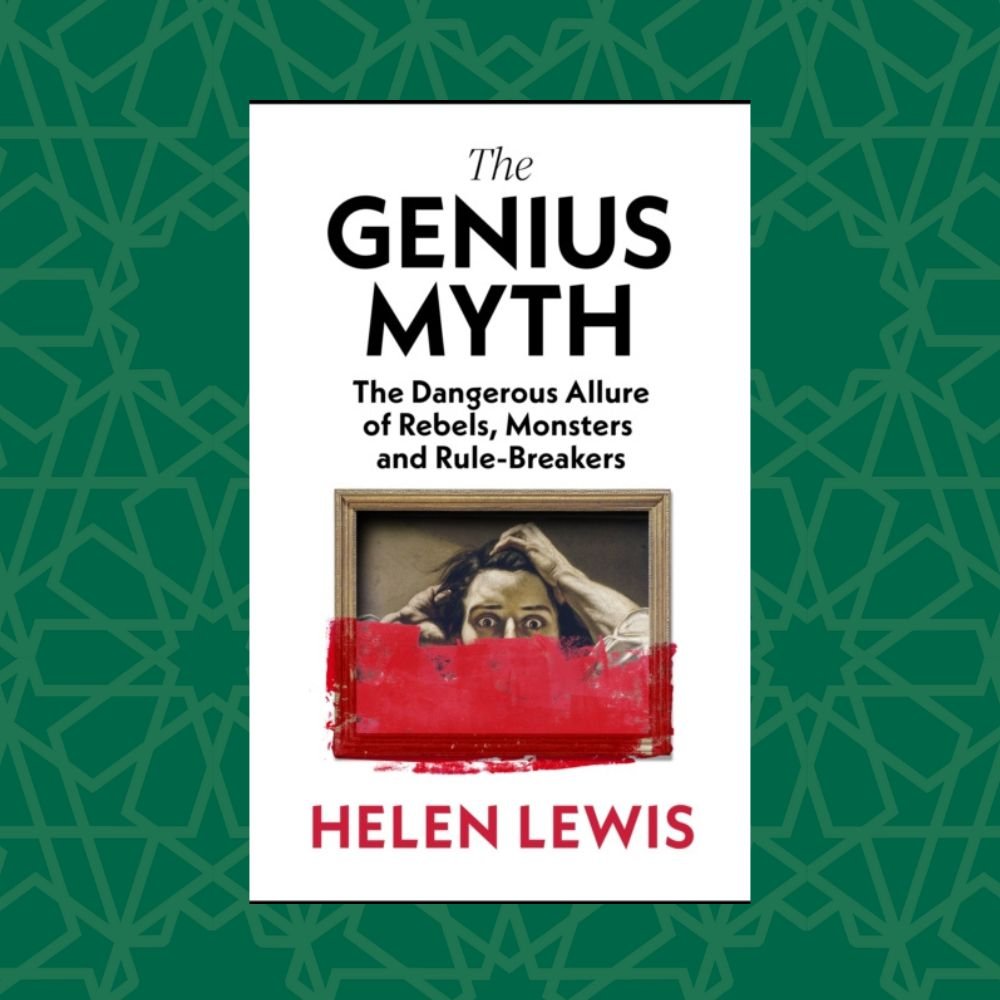Elena: A Hand-Made Life by Miriam Gold (Signed)
signed hardbackA heartfelt graphic memoir of love, family and fearless womenLives were bent in the furnaces of the twentieth century, but Granny was unbroken. With a stethoscope, a jar of herring and a hearing aid occasionally switched on, she forged an extraordinary life. Elena Zadik ran through the twentieth century without looking back.
A refugee twice before she was 17, training in medicine in Sheffield during World War 2, she was as brilliant a doctor as she was terrible a driver (she never took a test). Following her childhood in Ukraine during the Russian civil war in a tiny Jewish family (her parents were first cousins) to a briefly peaceful childhood in Germany, then to the UK as lone teenage refugee in 1937, the story shows Elena breaking glass ceilings to become a doctor. Practising in working class Sheffield she sees terrible deprivation and rejoices at the founding of the NHS, to which she gives 40 years’ service.
She finds belonging in a Lancastrian mill and mining town as a GP, witnessing the destruction of the 1980s on the industry and culture of the town, as her own career and life wanes. Her parents die in Auschwitz, she spends decades fighting for restitution, and then shares the money she finally receives among her nine grandchildren. Miriam, her eldest granddaughter, tells her story reflecting on their unconventional relationship and how trauma travels down through the generations.
Elena was an unintentionally hilarious woman, often difficult, always opinionated and deeply resourceful. Her hands (minus her left index finger which she slammed in garage doors) were always busy and form the heart of this timely graphic story of the ordinary extraordinary resilience of women.
signed hardbackA heartfelt graphic memoir of love, family and fearless womenLives were bent in the furnaces of the twentieth century, but Granny was unbroken. With a stethoscope, a jar of herring and a hearing aid occasionally switched on, she forged an extraordinary life. Elena Zadik ran through the twentieth century without looking back.
A refugee twice before she was 17, training in medicine in Sheffield during World War 2, she was as brilliant a doctor as she was terrible a driver (she never took a test). Following her childhood in Ukraine during the Russian civil war in a tiny Jewish family (her parents were first cousins) to a briefly peaceful childhood in Germany, then to the UK as lone teenage refugee in 1937, the story shows Elena breaking glass ceilings to become a doctor. Practising in working class Sheffield she sees terrible deprivation and rejoices at the founding of the NHS, to which she gives 40 years’ service.
She finds belonging in a Lancastrian mill and mining town as a GP, witnessing the destruction of the 1980s on the industry and culture of the town, as her own career and life wanes. Her parents die in Auschwitz, she spends decades fighting for restitution, and then shares the money she finally receives among her nine grandchildren. Miriam, her eldest granddaughter, tells her story reflecting on their unconventional relationship and how trauma travels down through the generations.
Elena was an unintentionally hilarious woman, often difficult, always opinionated and deeply resourceful. Her hands (minus her left index finger which she slammed in garage doors) were always busy and form the heart of this timely graphic story of the ordinary extraordinary resilience of women.
signed hardbackA heartfelt graphic memoir of love, family and fearless womenLives were bent in the furnaces of the twentieth century, but Granny was unbroken. With a stethoscope, a jar of herring and a hearing aid occasionally switched on, she forged an extraordinary life. Elena Zadik ran through the twentieth century without looking back.
A refugee twice before she was 17, training in medicine in Sheffield during World War 2, she was as brilliant a doctor as she was terrible a driver (she never took a test). Following her childhood in Ukraine during the Russian civil war in a tiny Jewish family (her parents were first cousins) to a briefly peaceful childhood in Germany, then to the UK as lone teenage refugee in 1937, the story shows Elena breaking glass ceilings to become a doctor. Practising in working class Sheffield she sees terrible deprivation and rejoices at the founding of the NHS, to which she gives 40 years’ service.
She finds belonging in a Lancastrian mill and mining town as a GP, witnessing the destruction of the 1980s on the industry and culture of the town, as her own career and life wanes. Her parents die in Auschwitz, she spends decades fighting for restitution, and then shares the money she finally receives among her nine grandchildren. Miriam, her eldest granddaughter, tells her story reflecting on their unconventional relationship and how trauma travels down through the generations.
Elena was an unintentionally hilarious woman, often difficult, always opinionated and deeply resourceful. Her hands (minus her left index finger which she slammed in garage doors) were always busy and form the heart of this timely graphic story of the ordinary extraordinary resilience of women.








